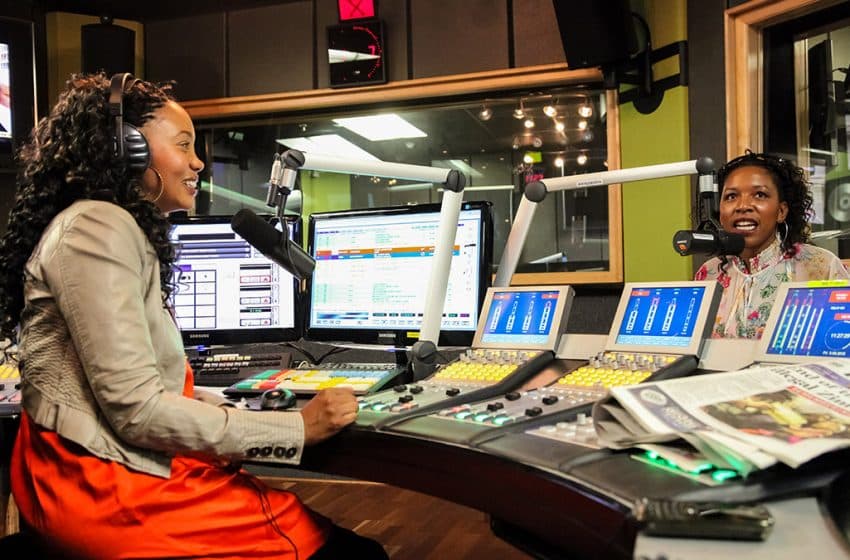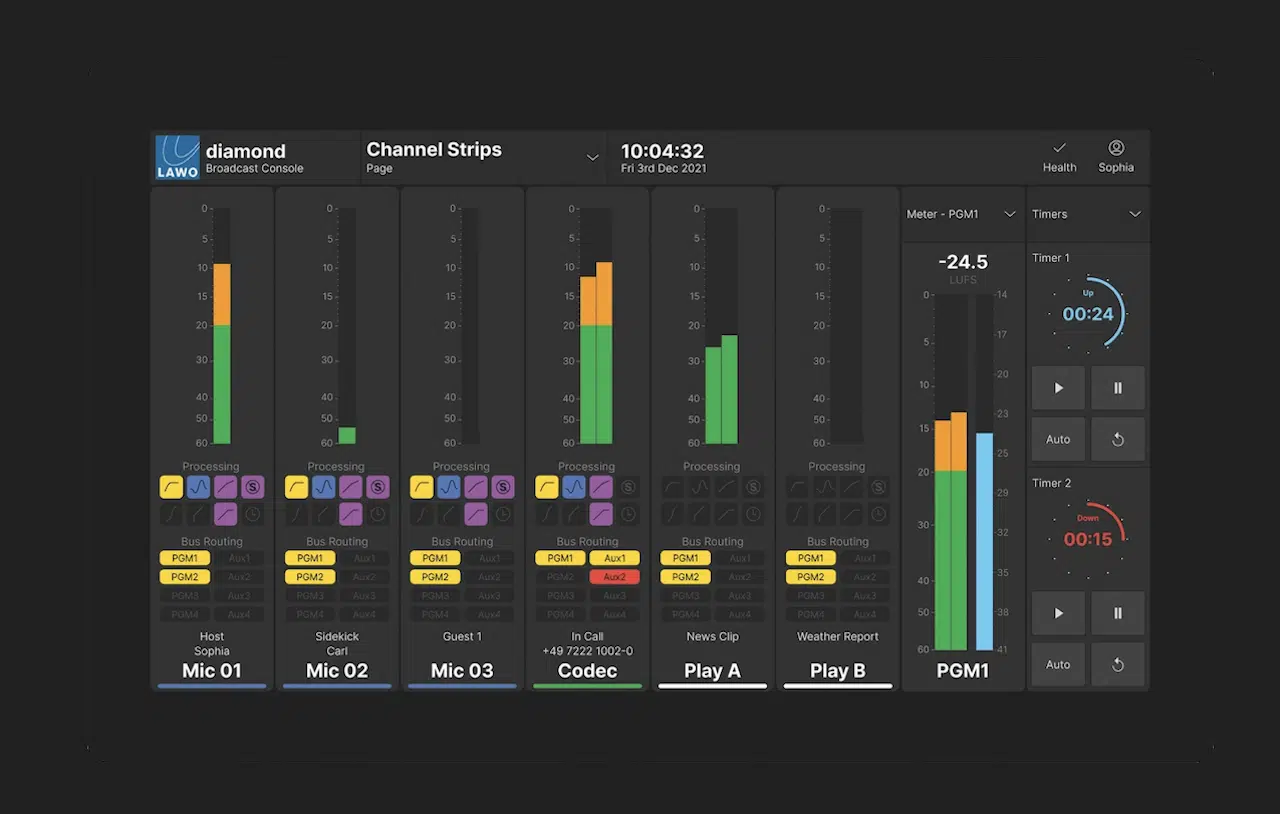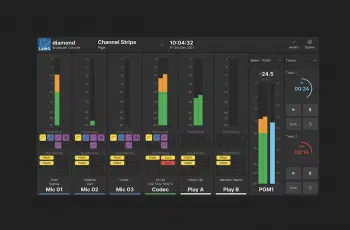
The theme for the 12th edition of World Radio Day on Feb. 13 is “Radio and Peace.” Independent radio provides the foundation for democracy and good governance by gathering evidence about what is happening, informing citizens about it in impartial and fact-based terms, explaining what is at stake and brokering dialogue among different groups in society.
Through specific radio programming and editorial choices, the medium addresses both the root causes and triggers of conflict before they potentially explode into violence.
Through specific radio programming and editorial choices, the medium addresses both the root causes and triggers of conflict before they potentially explode into violence.
With that in mind, I propose 13 ideas on how radio broadcasters can celebrate Feb. 13, 2023. They are:
- Radio the peacemaker: What impact did radio have during any past conflict in your country, region or community? What stories do listeners still recall? Would your station be able to sketch a declaration for peace with your listeners?
- The sounds of peace: Which are the sounds listeners associate with peace? A river flowing? Traditional chants? The tweet of birds? Make a poll and broadcast the sounds. Alternatively, focus on songs of peace — but don’t just play them; talk about them and review related albums, concerts and festivals.
- Radio rescue: How does radio reduce tensions or conflict by proving false news wrong? Take a conspiracy theory circulating on websites or social networks and examine it against facts, data and records with your listeners. Ask how the falsehood possibly started.
- From your archives: Rebroadcast old interviews or programs that show the power of radio in peacebuilding and conflict prevention, or exchange broadcasts with other local and regional radio stations. Use the sound archives of libraries if yours is unavailable.
- Game is up: If your station targets Gen X audiences, discuss recent video games they play. Consider the aims, expected abilities and performances of those games, and the slang words used in gaming, such as steamroll, rage quit, swipe, square up and throw down. How do they relate or unrelate to peace?
- The radio bookshelf: Host a talk show reviewing books or magazines that bring home stories of disarmament, demobilized soldiers, reintegration, reconciliation, co-existence, solidarity, community healing and post-war rebuilding.
- Learning to live together: Cover local and foreign cultures and arts to enrich each other’s experience and understanding. Review exhibits, TV shows, plays and films, food and drink, travel, fashion and dress codes, interior decoration, traditions and attitudes, etc.
- Sporting radio: Fair play, team spirit, integrity, respect, discipline — there are so many peace values in sports. Your radio station can relay them when reporting on the latest results and news. Include these values in your sports commentary, even in live broadcasts!
- Energizing listeners: What do you offer listeners when they tune in early morning? How do you get them ready for their day ahead? Prepare a breakfast show with news about what is happening, helping listeners get informed about public affairs, but offer balanced reporting, fair representation of members of society and solutions — reveal not only shortcomings but also effective measures.
- Distribution at stake: Talk with your listeners about the devices they use to listen to the radio and derive satisfaction. How do they assess access to information? Why do they enjoy listening to them? How do they address loudness? What could happen if they only rely on podcasting and internet radio? And would they buy a car if it did not have broadcast radio?
- Newsrooms set the tone: Review your editorial house style and employment policies in a no holds-barred discussion. Why is your radio station’s independent reporting critical to peace? How is the station contributing to good governance and the rule of law? In which way does staff diversity influence content? Prepare your radio station’s peace value or statement.
- Unforgettable: Recounting narrative experiences of those most affected by the conflicts in their countries, regions or communities can serve listeners as an emotional outlet and remind everyone of our shared humanity. Your station can give a voice to refugees, returnees, internally displaced people and victims of discrimination and crime. This type of radio program requires high editorial and journalistic standards to encourage peace and democracy instead of violence or revenge.
- In the news: Journalists and diverse opinion leaders from civil society can analyze what different radio stations, newspapers and online publications have said and written about Radio and Peace on World Radio Day in the run-up to and actual day.
It’s radio’s freedom from commercial, ideological or political influence that contributes to conflict prevention and peacebuilding (i.e., radio professionals’ accountability to citizens, fact-checking, accuracy, balanced reporting and journalistic investigation behind each broadcast news and programs).
Radio offers an alternative methodology by clarifying frustrations or clashes of interest, clearing misunderstandings, identifying issues of distrust. This can help counter hate, the desire for revenge or the will to take up arms.
UNESCO’s Constitution, adopted in London on Nov. 16, 1945, says: “… since wars begin in the minds of men, it is in the minds of men that the defenses of peace must be constructed.”
The author is chief of media development and media in emergency at the United Nations Educational, Scientific and Cultural Organization (UNESCO). Read RedTech’s feature on Mirta Lourenço and her insights on radio evolution here.





















